The best image yet of the supermassive black hole at the centre of the Milky Way shows that if it has a powerful jet like others do, it may be pointing at Earth.



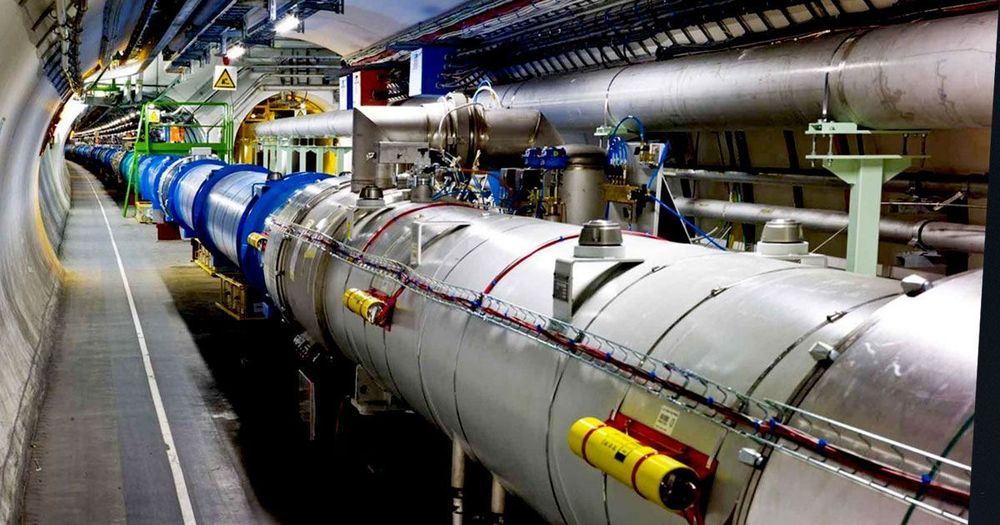

For the first time ever, an international team of researchers imaged the microscopic state of negative capacitance. This novel result provides researchers with fundamental, atomistic insight into the physics of negative capacitance, which could have far-reaching consequences for energy-efficient electronics.
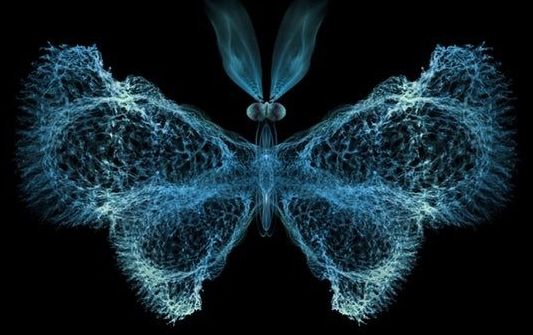

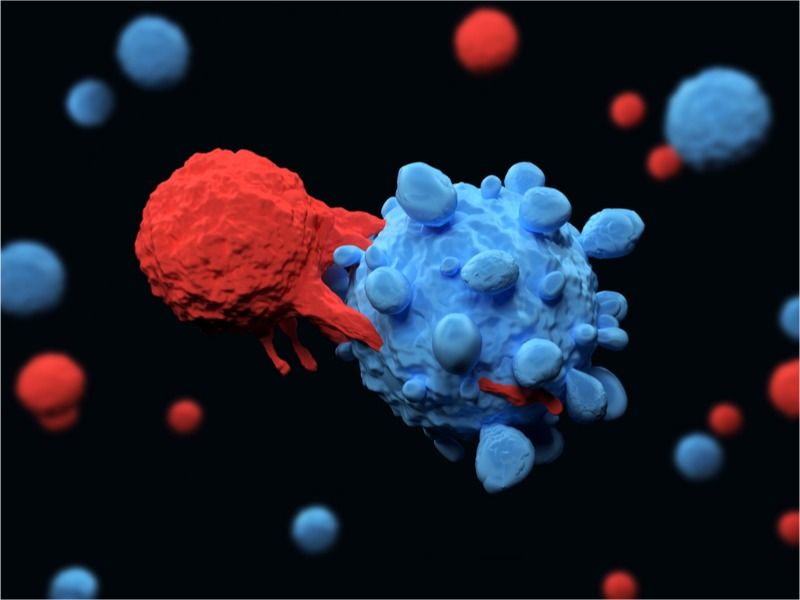
Researchers at UCLA have managed to guide pluripotent stem cells into becoming adult T cells, the cells that patrol the body to kill cancer and other diseases and that are trained in our thymi.
The study, published in Cell Stem Cell, was led by senior author Gay Crooks, M.D., a professor of pathology and laboratory medicine and of pediatrics. Dr. Crooks is the co-director of the Eli and Edythe Broad Center of Regenerative Medicine and Stem Cell Research at UCLA.
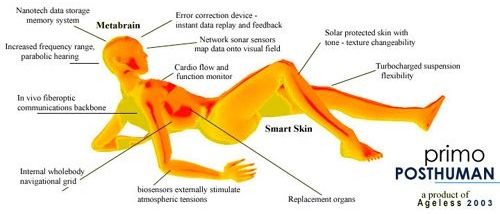
https://paper.li/e-1437691924#/
Primo 3M+ is a prototype future body, a conceptual design with superlongevity in mind. Primo by design is multi-functional. It is reliable, changeable, upgradeable, and complete with enhanced senses. Primo is the new designer body.
Originally posted 2002 and excerpted from www.natasha.cc/primo.htm. Published on KurzweilAI.net February 20, 2002.
If you could design your own body–give it any shape, size, color, contour, texture and elegant design–what would you choose?
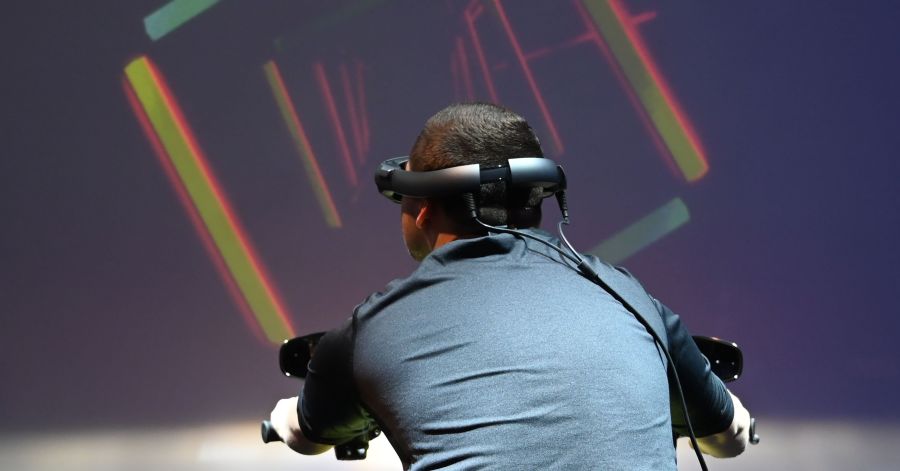
As the smartphone market matures, startups are racing to predict what’s next, and venture-capital firms are spraying money into fields like virtual reality, smart watches and even implants in the brain. Here are some of the startups attracting investment.
Venture-capital investors are spraying money into fields like virtual reality, driverless cars and even implants in the brain.
Utopistics is an emerging field in political science, dealing with the creation of an alternative social system or civilization with different values and priorities from the dominant ones today. Learn about it with this video:
Is there a viable alternative to the neoliberal economic consensus?
Is the nationalism and protectionism of Trump and similar politicians the only alternative?
Is another world possible?